Consider these few recent health related ‘headlines’: barefoot running could make you smarter. Red wine is so great for you it’s like spending an hour in the gym (or will give you retarded kids). Eating junk food will up risk of obesity. Depression can delay recovery from illness. These range from the irrelevant, to the unbelievable, to stating the obvious to seeming without sense. Frequently there are wildly conflicting studies so you don’t know who or what to believe. There are plenty of reasons to take all these ‘scientific studies’ with whole fistfuls of salt:
Small studies
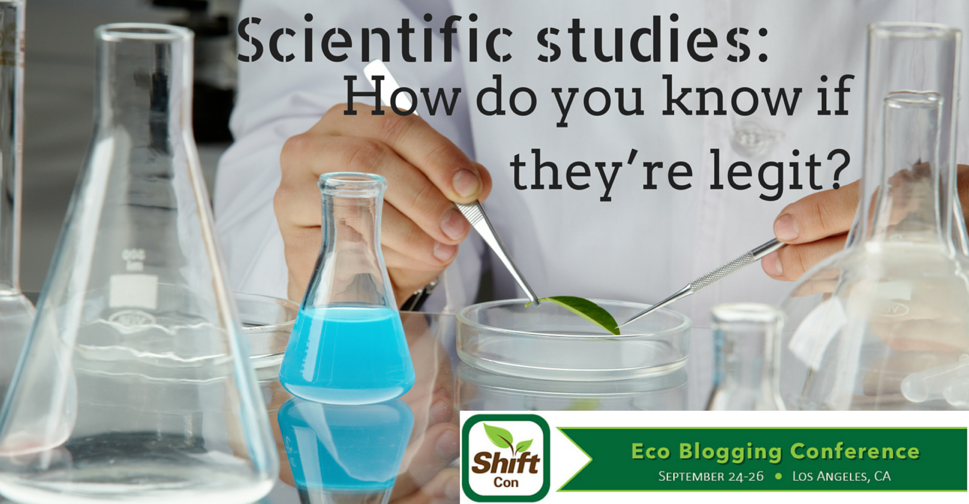
Often studies are not large enough to be credible. The subjects may be few in number and may not be properly be representative of the demographic they are meant to represent.
Poor controls
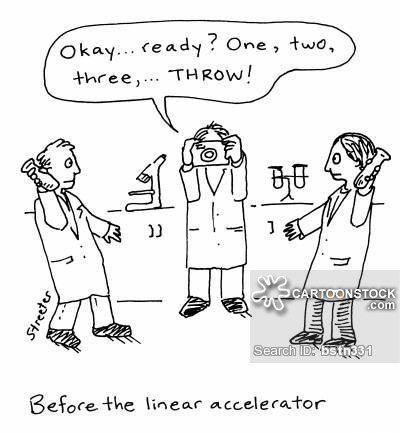
Double blind studies that have sufficient controls in place to offer up reliable and trustworthy results. A fair trial would need a control group so that results can be measured in the absence of which results can be skewed or even false.
Rats!

Some of the so called studies are conducted on rats or other animals and not humans. The results could be partly applicable but the studies are often presented in a completely misleading manner.
Shoddy studies
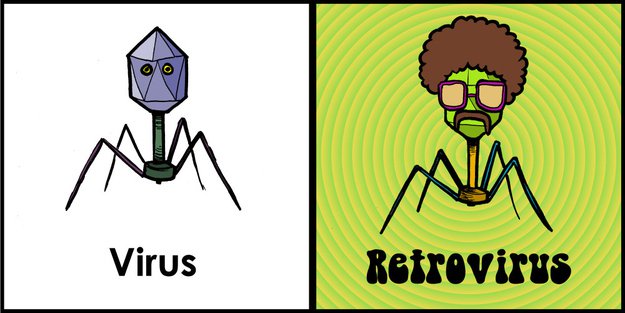
A good study not only has to be sufficiently large, it also has to study samples that are diverse and random. The study should be of a sufficient size and duration as to be reliable.
Misreporting

“Smelling Farts Prevents Cancer” said one headline. What the scientists had actually found was that hydrogen sulfide gas could possibly be the treatment for various diseases. But hey, anything for a catchy headline eh?
Partiality/ bias

Some scientist could be trying to further their personal agendas for their own reasons. Others may be ‘required’ to arrive at a particular conclusion because of the source of funding for the study… ever wonder why one study says alcohol can be good for us while another says the exact opposite?
Scientists?
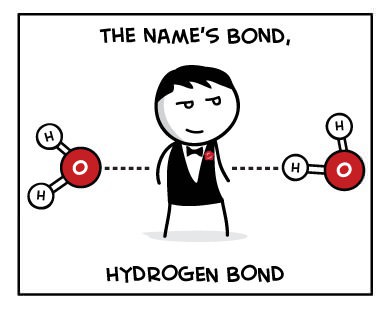
Who gets to be called a scientist? The term is sometimes used rather loosely, and may be applied to people with inadequate credentials, which can be misleading. Then there are researchers that may be unscrupulous enough to fudge the data or to conduct ‘research’ simply to get published.
A credulous, gullible public
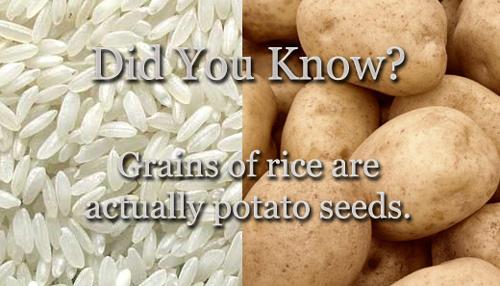
The problem is, we are all too willing to believe things that make us round our eyes in amazement while going Really?? We lack the certain ability to question things and are all too gullible about things that we find interesting or would like to believe.
If you’re still wondering why you should take all that scientific study stuff with a bunch of salt, let John Oliver tell you why:





